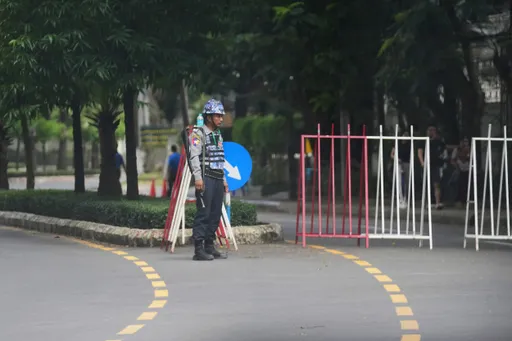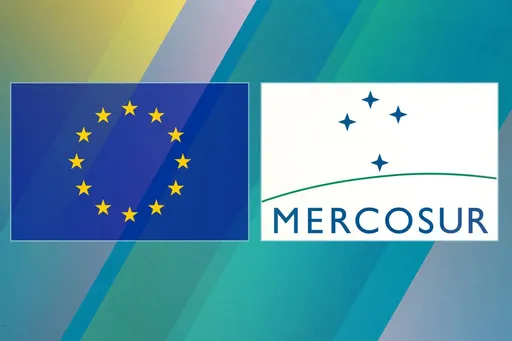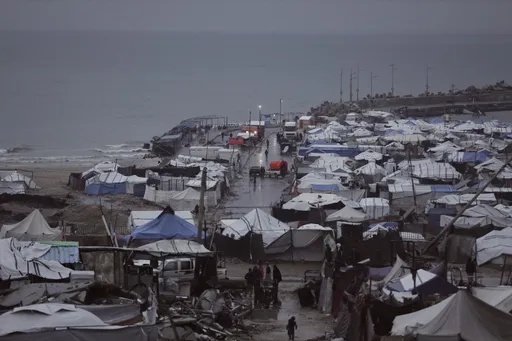On a recent Sunday afternoon, the divers arrived on a thin strip of sand at the furthest, watery edge of New York City.
Air tanks strapped to their backs, they waded into the sea and descended into an environment far different from their usual terrestrial surroundings of concrete, traffic and trash-strewn sidewalks.
Not all is pretty. Plastic bottles, candy wrappers and miles and miles of fishing line drift with the tides, endangering sea life.
The undersea litter isn't always visible from the shore. But it has long been a concern of Nicole Zelek, founder of the dive school SuperDive.
A throwaway culture of single-use plastics and other hard-to-degrade materials has sullied the world's waters over the decades, posing a danger to marine life such as seals and seabirds.
Battle against ocean pollution
Dive by dive, small groups like Zelek’s have been trying to undo some of the damage as part of the DIVERS-ity Inititative, which promotes inclusion in the sport.
“Every month we have a prize for the weirdest find,” she said. They have included the occasional goat skull, perhaps used as part of some ritual, Zelek surmises.
“The best find of all time was an actual ATM machine. Unfortunately, it was empty,” she said.
The divers' haul one late-summer Sunday wasn’t much, but there were clumps and clumps of fishing line untangled from underwater objects. What the divers can’t pull away by hand is cut with scissors.
“Unfortunately, tons of crabs and horseshoe crabs — which are under threat — get tangled in the fishing line and then they die,” Zelek said.
While more ambitious projects are underway to scoop up huge accumulations of floating debris in deeper waters, small-scale coastal cleanups like Zelek's are an important part of the battle against ocean pollution, said Nick Mallos, vice president of conservation for Ocean Conservancy.
“The science is very clear and that’s to tackle our global plastic pollution crisis,” he said. “We have to do it all.”
Monthlong international coastal cleanups
Every September, the conservancy holds monthlong international coastal cleanups. Since its inception nearly four decades ago, the cleanups have retrieved about 181.4 million kilograms of trash from coastal areas around the world.
By 2025, some 226.7 million metric tons of plastic will have found its way into the oceans, according to the PADI AWARE Foundation, a conservation group sponsoring a global project called Dive Against Debris.
The project invites what organizers call “citizen scientists” to survey their diving sites to help catalog the myriad items that don’t belong in oceans, lakes and other bodies of water.
By the group’s count, more than 90,000 participants have conducted more than 21,000 such surveys and removed 2.2 million pieces of junk, big and small.
























